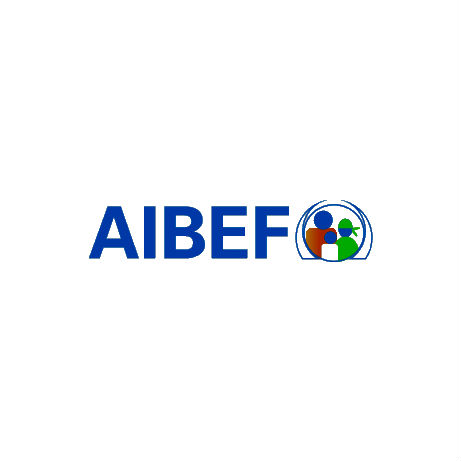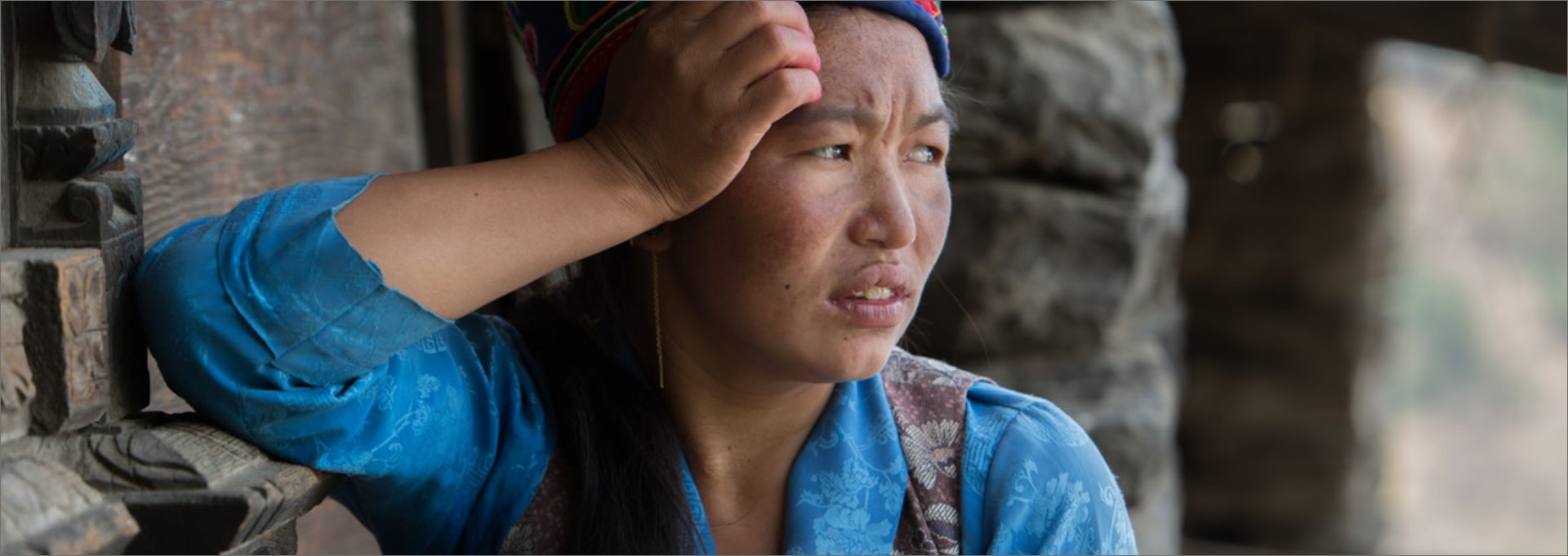

| 31 March 2016
Association Ivoirienne pour le Bien-Etre Familial
The population of the Ivory Coast suffers from a litany of sexual and reproductive health (SRH) problems common to many countries on the continent: frighteningly high rates of maternal death, early pregnancies, child mortality and HIV prevalence, coupled with very low rates of contraceptive use. Additionally, instances of female genital mutilation (FGM) are frequent and the SRH and psychological repercussions that the practice presents are severe. The Association Ivoirienne pour le Bien-Etre Familial (AIBEF) was founded in 1979. It works closely with the National Population Bureau in the planning and implementation of the National Population Policy and the National Youth Policy. The government and legislators have called on the organization for advice and counsel because it is the one of the most experienced organizations in the field and has unparalleled expertise drawn from ground level experience. To complement and expand its scope, AIBEF partners with a number of non-governmental organizations (NGOs) including the Futures Group, Pathfinder International, the Population Council, John Hopkins University, John Snow International, Columbia University and Family Health International. Major donors include the European Union, IPPF’s Japan Trust Fund, The Global Fund Against TB and Malaria, Alliance International and the World Bank. Additionally, it partners with Collectif des ONG de Lutte contre le Sida en Côte d’Ivoire and RIOF – national networks whose primary objective is to increase SRH capacity.

| 08 March 2024
Community Healthcare Initiative (CHI)
Community Healthcare Initiative (CHI) is a local non-governmental organization that has been providing healthcare and social services to women and children in underserved and hard-to-reach communities in Liberia since 2014. CHI prime mandate is to strengthen and promote healthcare and social services, women’s rights, child’s rights and peace in Liberia through awareness, service delivery, and outreach programs in hard-to-reach communities and persons living in impoverished and disadvantaged urban communities. We improve mother’s and children's health. We promote and educate on women and child rights. Our programs and services focus on youth development, healthy living, and social responsibilities according to their unique needs. Vision Access to Healthcare, freedom, and dignity to everyone regardless of race, ethnicity, and sex, free of violence and human rights abuses. Mission Working together for socio-economic development in communities, through strengthening their capacity and the implementation of the programs and health, protection, and humanitarian interventions with a participatory approach at all levels of society to defeat poverty and promote healthcare and social services throughout Liberia. CHI has many years of experience working with partners in Liberia on women and girls’ rights, CSOs strengthening, community development, and improving communities’ access to quality education, health & SRHR, sustainable livelihoods, and Community Resilience to conflict. CHI has an excellent experience in awareness-raising around sexual violence issues and providing psychosocial support for survivors. Currently, CHI is part of the Civil Society National Reference Group working with UNWOMEN on the Spotlight Initiative which aims at a global financing mechanism to support the implementation of SDGs mainly goals 5 and 16, and will contribute to the alignment and synergy of the United Nations Development System. Beneficiaries and target groups CHI beneficiaries and target groups include vulnerable women and girls, post-abortion care providers, Law and policymakers, young people survivors of any form of GBV including survivors of IVP (Intimate Partner Violence), survivors of harmful traditional practices, survivors who are members of marginalized groups (LGBTI+, sex workers, extremely poor, people living with disabilities,) Network and Partnership: CHI is a part of the coalition, networks, and partnerships including the Working Group on FGM in Liberia, the County Development Coalition, Consortium of Women Rights in Liberia, the Women NGOs Secretariat, the National Civil Society Council; and the Liberian Women Humanitarian Network. Globally; the Network of Emergency Aid Responders (NEAR) and Feminist Humanitarian Network (FHN). Building on Community Healthcare Initiative services, we opened the first SRHR services clinic in Liberia in 2023. The SRHR services provided at the clinic includes family planning, comprehensive sexuality education, maternal health and safe and legal abortion services. The SRHR clinic use women-centered and right-based approaches to provide comprehensive SRHR healthcare including abortion. Additionally, CHI operates a women and children clinic since November 2021, that addresses the healthcare needs of vulnerable population in Margibi County.







